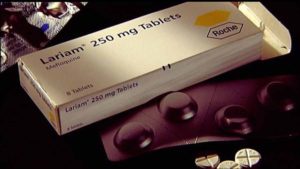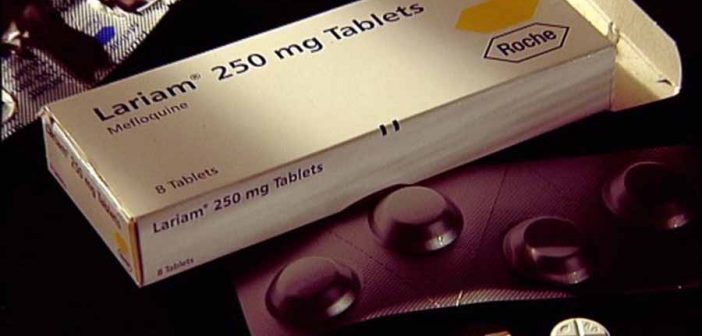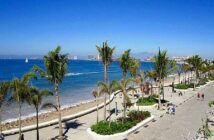- Lariam drug withdrawn from sale in Ireland
- Roche denies this is related to legal action against Defence Forces
 It was always controversial, but it took litigation against the Defence Forces to force the issue. Lariam, an anti-malarial drug, was taken off the Irish market at the end of July.
It was always controversial, but it took litigation against the Defence Forces to force the issue. Lariam, an anti-malarial drug, was taken off the Irish market at the end of July.
Drug manufacturer Roche took the brand name Lariam, which is officially known as Mefloquine, off the market in this country on July 31. It remains available in other jurisdictions.
A spokesperson for the company said the decision followed a review of the products it offers here and was not related in any way to pending legal actions.
The company says Lariam was taken off sale following “a portfolio reassessment” by the company and three other products have also been discontinued. They say it remains available in 16 European countries and that regular safety assessments conducted by EU health authorities reinforce previous guidance that the benefits of Lariam outweigh the potential risk of the treatment.”
Lariam’s side effects can be very severe and include anxiety, depression, paranoia and suicidal behaviour. It was developed by the US army in the 1970s, yet it was not until 1996 that doctors were advised to warn patients about the neuropsychiatric risks of taking the drug.
By 2014, the European Medicines Agency had warned of the “predominance of neuropsychiatric adverse reactions”.
For many years Lariam was given to Irish Defence Forces personnel deployed to missions in sub-Saharan Africa to prevent malaria, particularly in sub-Saharan Africa where endemic malaria is now highly resistant to choloroquine, once the standard prophylactic treatment.
Fifty serving or former members of the Defence Forces have lodged claims against the State having been given the drug.
Legal proceedings have been served in 37 cases.
The decision to withdraw Lariam) from sale has been welcomed by some of those who allege they suffer from side-effects, which have included insomnia, vivid and unpleasant dreams, anxiety, agitation, panic attacks, hallucinations and even psychotic episodes. It was once the most useful drug in the armoury against malaria and – at one tablet a week – the easiest to take.
Malaria kills 600,000 people a year and affects the health of tens of millions of tourists.




